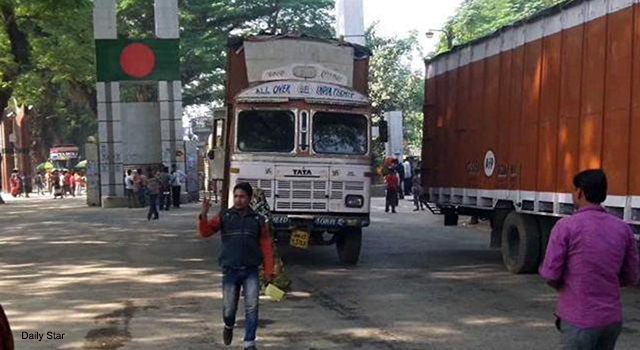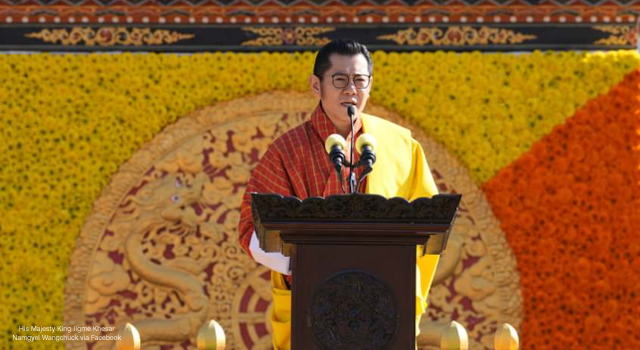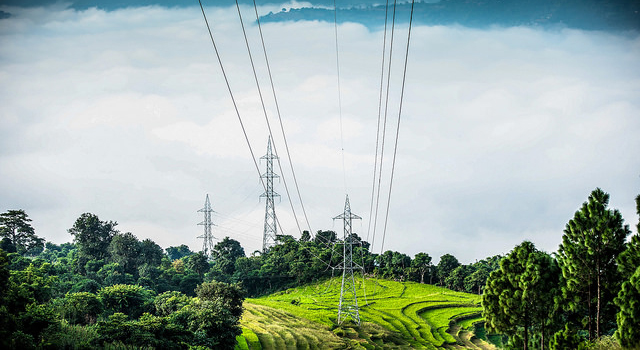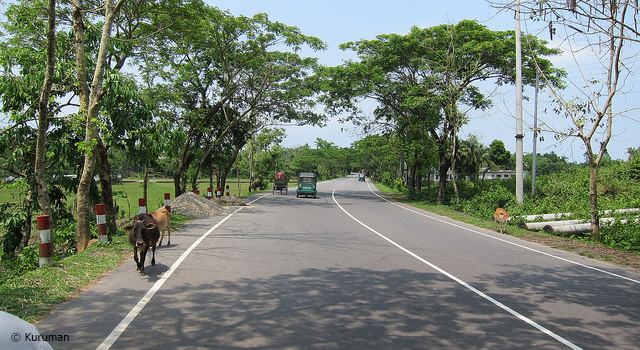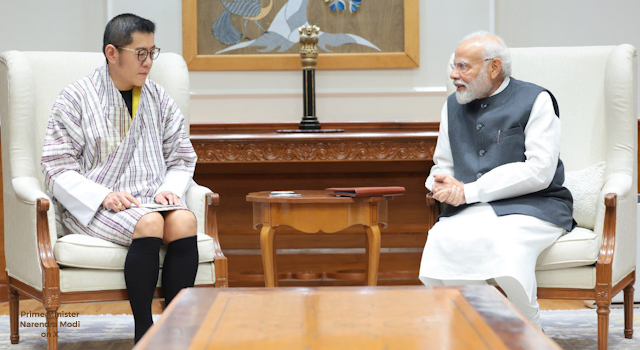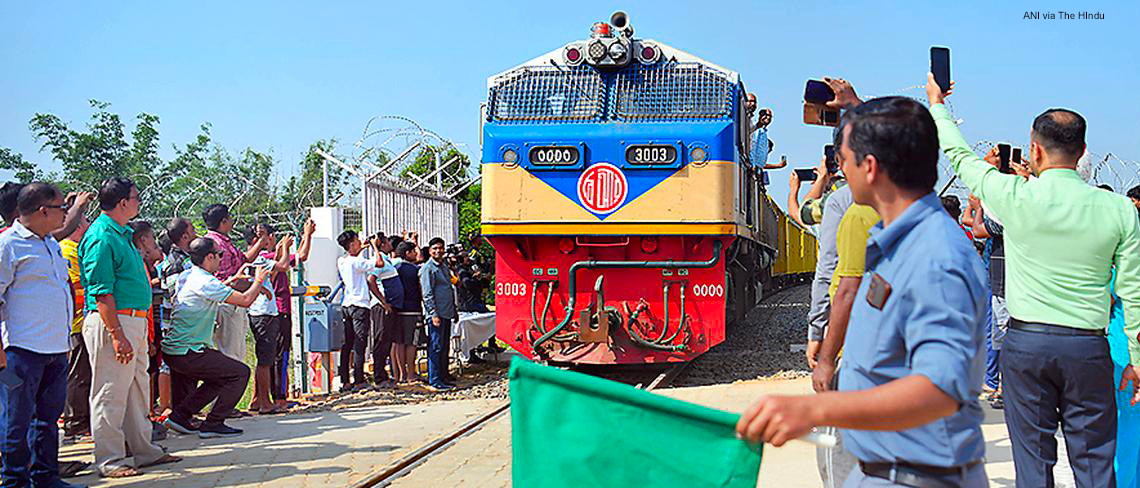
SAARC Leaders Adopt 36-Point Kathmandu Declaration
27 November 2014
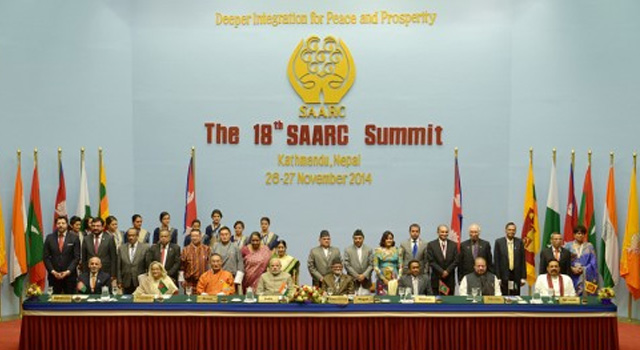
The 18th South Asian Association for Regional Cooperation (SAARC) Summit concluded on 27 November 2014, adopting the 36-point Kathmandu Declaration, which emphasized enhanced infrastructure connectivity, creation of free trade, implementation of trade facilitation measures, and SAARC project implementation, among others. The Summit launched regional and sub-regional development projects in the agreed areas of cooperation and connectivity to ensure stability and prosperity in South Asia.
SAARC leaders emphasized the need to revive regional cooperation and revitalize SAARC as an effective vehicle in fulfilling the aspirations of people in the region. One of the recommendations of the South Asian Economic Union (SAEU) initiative in terms of connectivity is to convert border areas into manufacturing zones and provide adequate facilities and security. SAEU further recommended introduction of a single administrative document and window for export-import within the region in trade facilitation.
At the concluding session of the Summit, the SAARC Framework Agreement for Energy Cooperation was signed by Acting Foreign Minister of Afghanistan Zarar Ahmad Osmani, Foreign Minister of Bangladesh Abul Hassan Mahmood Ali, Foreign Minister of Bhutan Lyonpo Rinzin Dorje, External Affairs Minister of India Sushma Swaraj, Foreign Minister of the Republic of Maldives Dunya Moumoon, Foreign Minister of Nepal Mahendra Bahadur Pandey, Advisor to the Prime Minister of Islamic Republic of Pakistan Sartaz Aziz, and Foreign Minister of Sri Lanka Gamani Lakshman Peiris.
This umbrella agreement is a commitment of SAARC governments to facilitate electricity trading at the regional level by enabling their agencies for grid connectivity, policy harmonization, trade, and facilitation of electricity supplies to power-deficit cities. The leaders directed relevant SAARC bodies to identify regional and subregional projects in the area of power generation, transmission and power trade, and implement them with high priority to meet increasing demand for power in the region.
Nepal signed a Power Trade Agreement (PTA) with India in September 2014 and the agreement reached by SAARC member countries at the Summit is viewed as an extended PTA that allows Nepal to sell energy to other countries. Khadga Bahadur Bisht, President of Independent Power Producers’ Association Nepal (IPPAN) said the agreement is an achievement for the country’s hydropower sector. It is also a crucial step toward developing the regional electricity market.
Meanwhile, along with the Nepal PTA, India has already signed bilateral energy trading agreements with Bangladesh and Bhutan and begun electricity trading with these two South Asian neighbors. On the sidelines of the Summit, the Governments of India and Nepal also signed Memorandums of Understanding on a Line of Credit US$1 Billion Agreement, a Motor Vehicle Agreement (MVA), and the Power Development Agreement for ARUN III. The US$1 billion line of credit will be used in the development of infrastructure and energy projects prioritized by the Government of Nepal. The MVA will enhance regional connectivity of communication and air links and ensure smooth cross-border flow of goods, services, capital, technology, and people. The Power Development Agreement for Arun III will help develop Nepal’s hydropower production.
The theme of the 18th SAARC Summit was “Deeper Integration for Peace and Prosperity”, and SAARC Chairman Prime Minister Sushil Koirala concluded that the Summit succeeded in deepening cooperation in core areas of trade, investment, finance, energy, infrastructure, and connectivity.
Leaders also decided to hold the SAARC Summit every two years instead of the current annual provision. The next SAARC Summit will be in Islamabad, Pakistan in 2016.
Related Links:
18th SAARC Concludes with SAARC Framework
18th SAARC Summit: SA Leaders adopt 36-point Kathmandu Declaration
Energy Deal Opens Power Trading at Regional Level
The SAARC Puzzle
The Kathmandu Declaration



